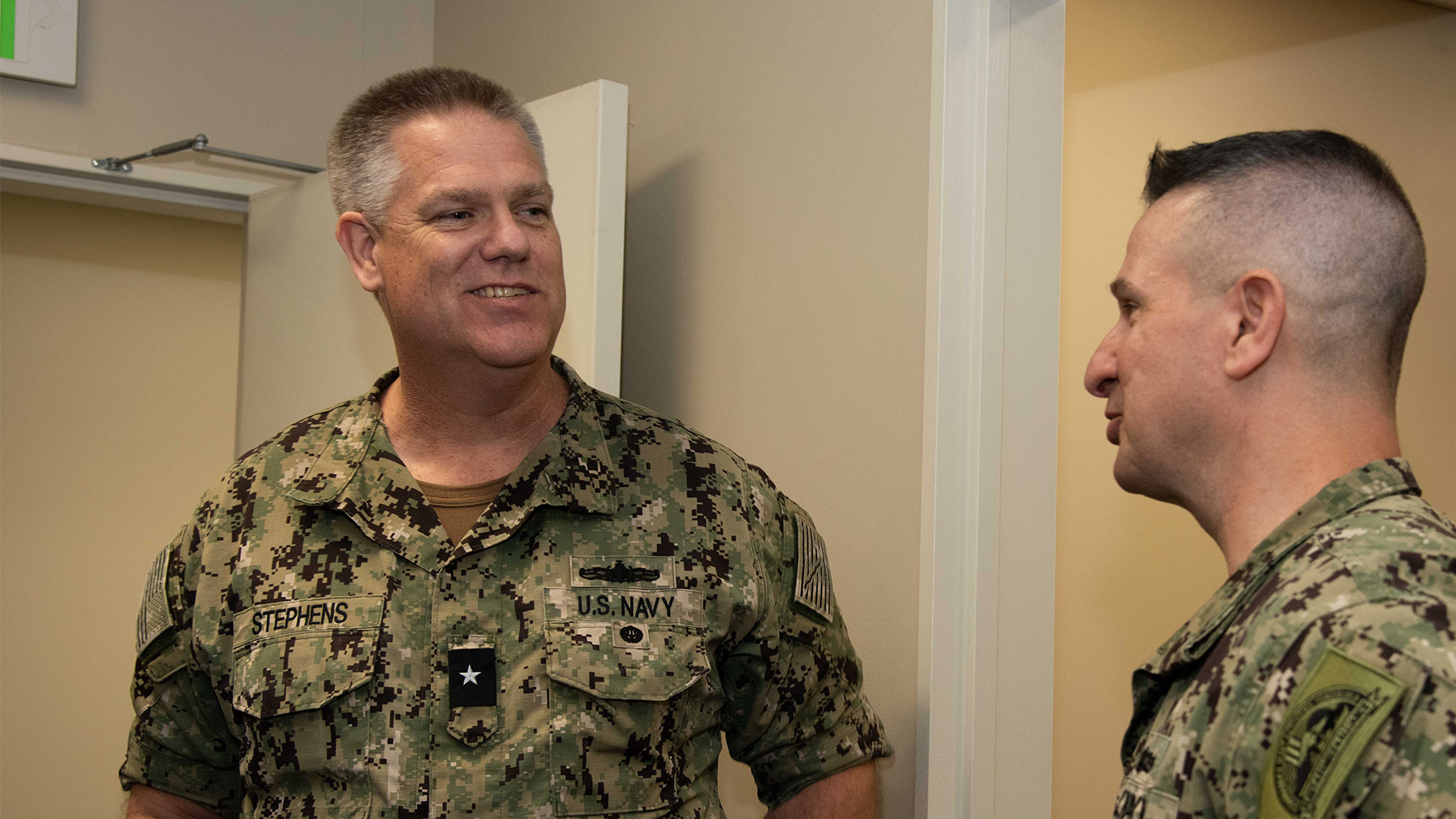Sexual assaults and other major crimes are handled by a new Navy Special Trial Counsel.
It’s part of a Congressional effort to instill confidence in military justice. One of two regional offices is in Norfolk.
WHRO Military reporter Steve Walsh sat down with head of the program, Rear Admiral Jonathan Stephens.
This interview was edited for length and clarity.
WHRO: Admiral, tell me how this is going to work.
Rear Adm. Stephens: Ultimately, many of the things in the steps are just the same as they happen now. Prior to this, we've had prosecutors who worked with, in our case, NCIS (Naval Criminal Investigative Service), typically on these kinds of more serious cases to help investigate, to help make decisions and recommendations. The difference is, before they were making recommendations to the commanders on what cases should go forward. And now we will be making those decisions on our own.
WHRO: Why do commanders have a role in military prosecutions?
Rear Adm. Stephens: Well, and I think that that all goes back to, you know, back in the day with good order and discipline. So it's important for commanders to be able to maintain good order and discipline on their crews so that they can operate efficiently.
But I do think that there is an argument that certain prosecutorial decisions on these, more serious cases, are probably better with the JAGs (Judge Advocate General attorneys). And so that's kind of how we got here. I think ultimately that's what Congress decided.
WHRO: We're still seeing cases where high ranking officers are allowed to retire with pay. I thought the law was supposed to get rid of this.
Rear Adm. Stephens: So, I'm not familiar with any of those cases. All I can say is that generally, you know, what the law I think was designed to do is ensure that we have prosecutors who are experienced not just as prosecutors, but have dealt with these types of cases or had, you know, training.
And so, in the Navy, we've tried to leverage our military justice track to handle these cases. And so each case is, you know, is a fact of its own. And so there are some cases that, maybe on the lower end of the scale that perhaps warrants those types of plea agreements and others that don't.
WHRO: So how will things change for the victims?
Rear Adm. Stephens: So for the victims, we're hoping that, by having more experienced people on the cases sooner, we're going to be engaging with them a little bit sooner. That's our goal that we've kind of put in our SOPs (Standard Operating Procedure) to ensure that they have a voice and ensure that they understand.
I think there are going to be cases where they don't agree with our decisions. But, we will have our goal is to have to work through them so that if we make a decision that they don't agree with, that's not a surprise to them. So we will be working with them throughout the process.
WHRO: So how do you rebuild trust?
Rear Adm. Stephens: We hope that we can rebuild the trust. And I think for me, one of the keys is kind of communication with all the stakeholders. And, working with victims, working with their counsel earlier and consistently throughout the process, working with commanders to let them know that while they aren't making the decisions anymore, there's still a role for them.
So says Congress right in the process. And so I think but then everybody understanding that we are making through communicating with everybody, if people understand that we are making these decisions independent and based solely on our kind of analysis of the evidence that hopefully some of the maybe if there were appearance issues on commanders or whomever making decisions, that hopefully those will dissipate a bit.
Our goal is to do justice and try to make sure that the process is fair and transparent for everybody involved. Not just the victims and the commanders, but also those who are accused of offenses.




